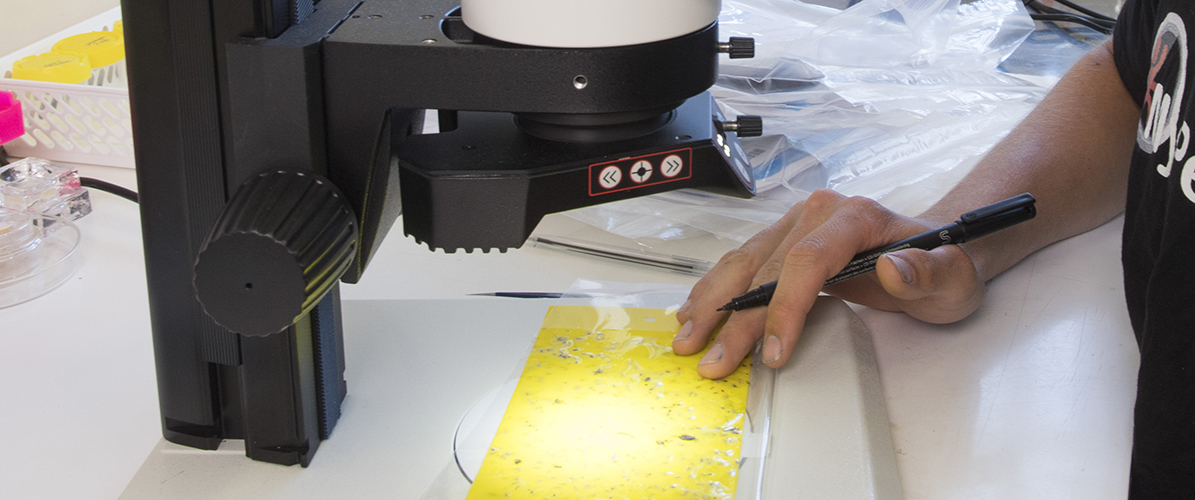WA government releases latest update on TPP response
The Western Australian Department of Primary Industries and Regional Development (DPIRD) has released its latest update on the presence of the tomato potato psyllid (TPP) in the state and the measures being undertaken to respond to this incursion.
This update includes notes on the upcoming round of surveillance to commence in and around the Perth metropolitan area. From 1 March, residents have been hosting sticky traps in their home gardens to help collect TPP so they can be tested by DPIRD’s diagnostics team for the Candidatus Liberibacter solanacearum (CLso) bacterium, which causes zebra chip disease in potatoes.
This round of surveillance follows on from the comprehensive surveillance campaign held in spring 2017, in which over 6,000 TPP were tested with no positive detections of CLso.
The update also goes into detail about the development of industry-specific enterprise management plans, which will be created in partnership between DPIRD and peak industry bodies (including AUSVEG representing the vegetable and potato industries).
The full TPP industry update from DPIRD WA is available online.
Industry members who are interested in the transition to management for TPP can also read the latest update from AUSVEG National TPP Coordinator Alan Nankivell.
Image credit: Department of Primary Industries and Regional Development, Western Australia
This post appeared in the AUSVEG Weekly Update published 6 March 2018.
| The strategic levy investment project MT16018 – Tomato potato pysllid (TPP) National Program Coordinator is funded by potato processing, fresh potato and vegetable research and development levies and contributions from the Australian Government. Hort Innovation is the grower-owned, not-for-profit research and development corporation for Australian horticulture. |  |

